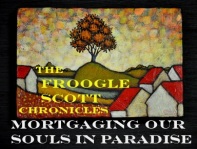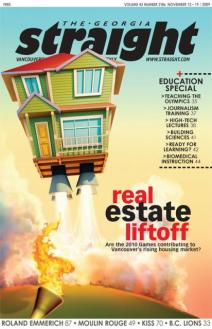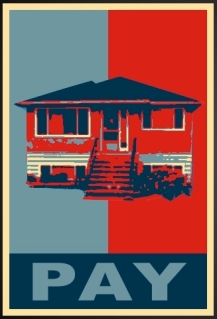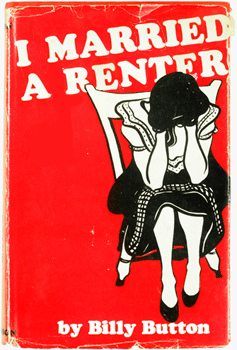Eric Murray is chief executive officer of growing clean-tech company Tantalus Systems, based in Burnaby, B.C. Mr. Murray, however, lives in Raleigh, N.C., where he owns a 3,500-square-foot house and puts his three kids through private school.
He is a Canadian, with several family members in Vancouver. But when his career trajectory sent him to Raleigh, he decided to stay put. Mr. Murray is one of a growing number of workers in the Lower Mainland who live in the U.S. You could call them cross-border jobbers.
“My father’s entire family is in Vancouver, so for our relationship, it would be great if I lived there,” he says in a phone interview. “But for me to pick up and move from Raleigh, where I have a fully wooded lot, and a very nice home, and I can send my kids to private school, this sort of stuff – to do that in Vancouver, I just can’t swing it economically. When we looked at this whole thing, we knew we would have to compromise on housing.
“Absolutely, I would live in Vancouver if I could afford it.”
Technology is the third-largest contributor to B.C.’s gross domestic product, says Bill Tam, president of the B.C. Technology Industry Association. He says there is demand for about 4,000 more employees in the industry, and the majority of qualified people come from the U.S.
“Especially in the Vancouver area, technology has been one of the faster growing industries,” he says. “So when companies have had to expand and recruit managers to come here from the U.S., some have relocated to places like Blaine, Wash., close enough to commute on a daily basis. That’s the level of creativity they’ve had to resort to.”
Others, he says, fly in from more distant U.S. locations, like Mr. Murray. Mr. Murray used to fly into Vancouver every other week. These days, he’s flying in every third week.
“When they come across and recognize the cost of housing is four to five times what they are accustomed to, they end up being commuters,” says Mr. Tam.
Sierra Wireless CEO Jason Cohenour, who was travelling and couldn’t be reached for comment, works in Burnaby and lives in the U.S. Tom Ligocki, CEO of Richmond-based Clevest, says he has several employees who live in a golf course community at Semiahmoo Resort, near Blaine. One of his engineers, Jeremy Westbrook, commutes from his home near Blaine to work in Richmond. It takes them about 30 to 40 minutes to make the drive.
“None of the folks in the U.S. want to move to Vancouver,” he says. “The simple example that I heard from one gentleman is that he did not want to move because he can have his $400,000 mansion in the U.S., versus getting a little home for $1-million in Vancouver.” …
“There’s no point in even talking about the Vancouver market. We are just talking to them about directly moving to the Semiahmoo resort,” he says, on the phone from a conference in New Orleans. “If you can’t bring them to Vancouver, that’s the only option we have.
“And they do certainly make very good wages,” he adds. “These are high-end experts that we are hiring.
“But all these folks are used to living in a house. They are used to American comforts, and they are well paid, and they can afford to have a nice luxury home wherever in the U.S.”
…
“I get into this discussion all the time with guys. Vancouver is great. The mountains and ocean are super. I get that. I would love to live there. I have a lot of family there. But I don’t see how the economics would work for a young person trying to do both of those things, unless they had a similar opportunity in another really pretty place.
“And I have been in a bunch of different countries and there are other really pretty places out there.”
– from ‘Some Vancouver workers have been priced right out of the country’, Kerry Gold, Globe and Mail, 22 Feb 2013 [hat-tip Aldus Huxtable]
—
Smart business people know: Vancouver RE is woefully overpriced.
– vreaa
































































